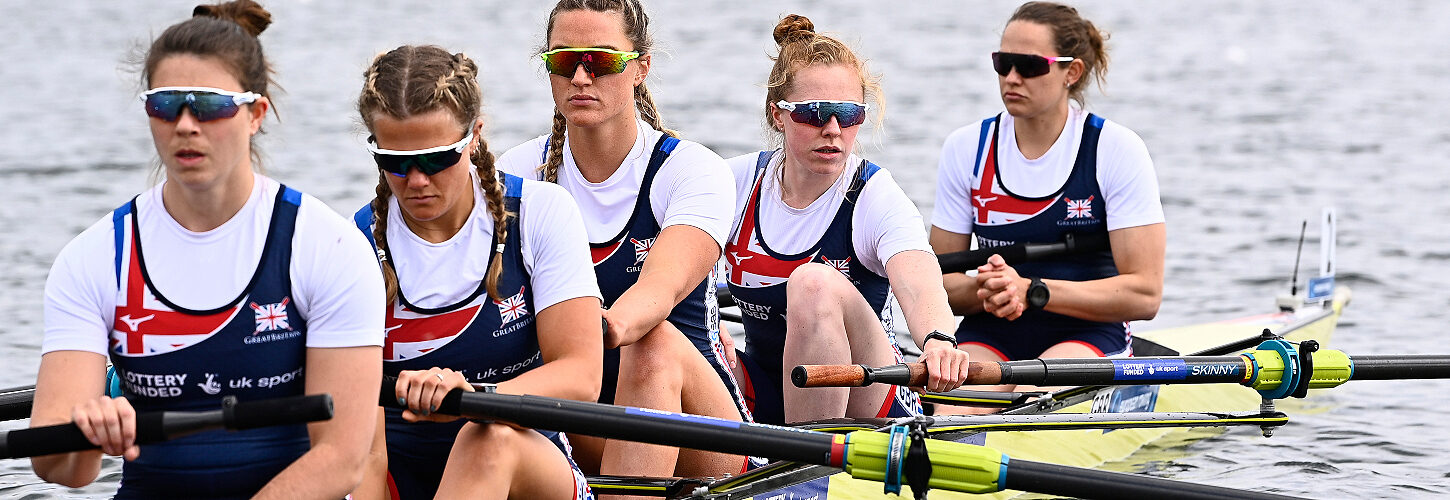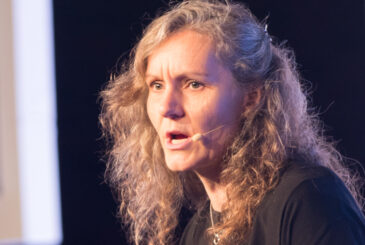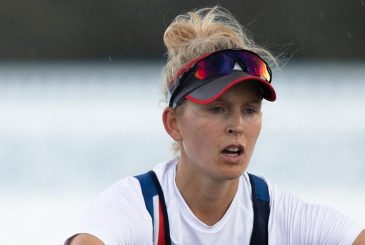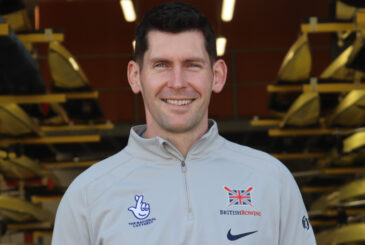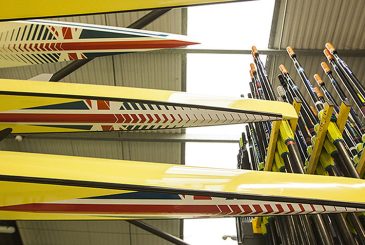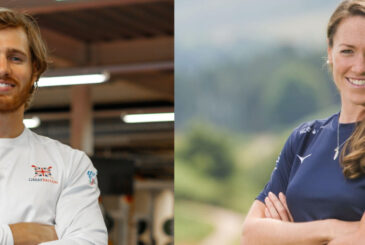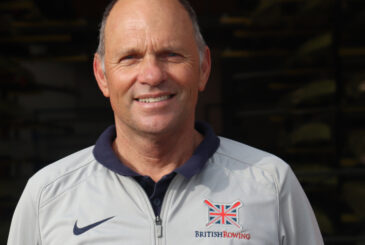GB rower Beccy Muzerie reflects on gender equality in sport and opportunities for all
I’m not strong for a girl, I’m just strong. One of my teammates has this on a gym top she often wears to weights. I love it as it serves as a great reminder that, as women, we are strong and powerful in our own right – we don’t need to compare ourselves to anyone else. And we don’t need to try to be men.
As a female in the UK, the events and dialogue over the past couple of months have been significant. From the International Women’s Day’s hashtag #calltochallenge, the dismissal of a woman’s claims of mental health issues, women being unable to safely walk home alone, to many a shared story of daily harassment and precautionary behaviours females constantly live with. There is no longer an excuse for ignorance, it is time for action.
This upcoming Olympics in Tokyo is the first-ever Olympics where there will be an equal number of male and female athletes. Rowing has been included in the Olympics since the first games of the Olympiad in 1896, but it wasn’t until the 1976 Montreal Olympics that women were allowed to compete and, even then, they only raced over 1,000m. At the Rio Olympic Games in 2016, there were eight event categories for men, only six for women. However, in Tokyo, there will be an equal number of male and female boats racing. There is a reason to celebrate!
“Men need to also be challenging other males in their language and response towards women”
As a female athlete on the GB Rowing Team, I am so grateful that progress is being made. It gives greater opportunity for me and all the talented women that I train so hard alongside to fulfil our dreams of competing at the Olympics. Equal opportunity to that of the hardworking male athletes on our team. But it also saddens me that this is the first Games where females have had the same opportunity. We are making progress in terms of numbers of seats, but we have so far to go.
Abby Wambach in her book Wolfpack* talks about how, as women, we are good at being grateful for what we have, which is so important both in recognising progress and as a general practice for good mental wellbeing. But she points out we need to be grateful and to be ambitious. To keep challenging inequality, fighting for change and demanding that women are treated fairly and given equal opportunities. I would take this a step further and suggest that the same way that I, as a white person, must take responsibility for levelling the playing field for people of colour, men need to also be challenging other males in their language and response towards women.
Rowing is a fantastic sport. It has given me the confidence to be comfortable in who I am, to be proud of my height as a female and it gives me an opportunity to test the limits of my physical and psychological capabilities. But it has a long history of gender inequality that is still alive today.
I would love to live in a world where anyone who wants to take part in our sport can, regardless of gender, race or ethnicity – but to get there we need to keep choosing to challenge the little things as well as the big.
*As heard discussed on Brene Brown’s Dare to Lead podcast where she interviewed Abby Wambach.
Photo: Getty Images


